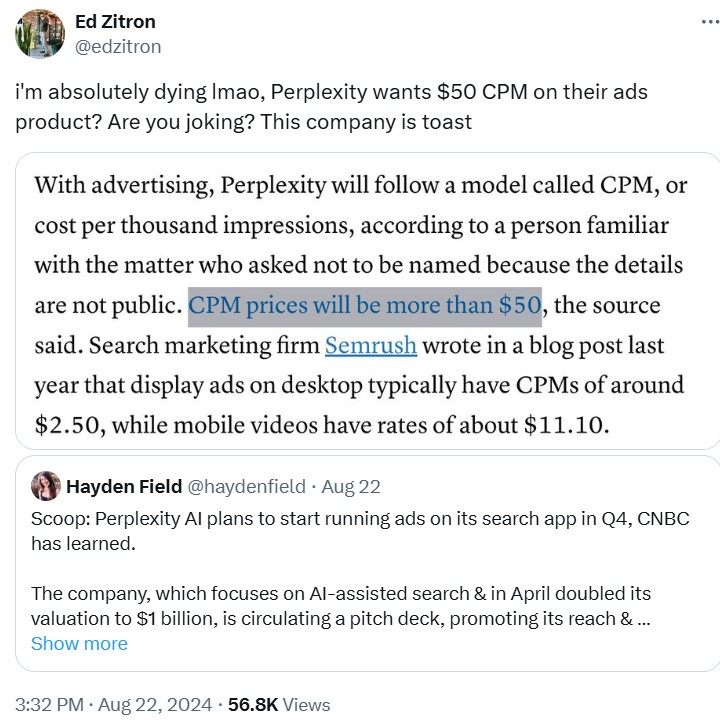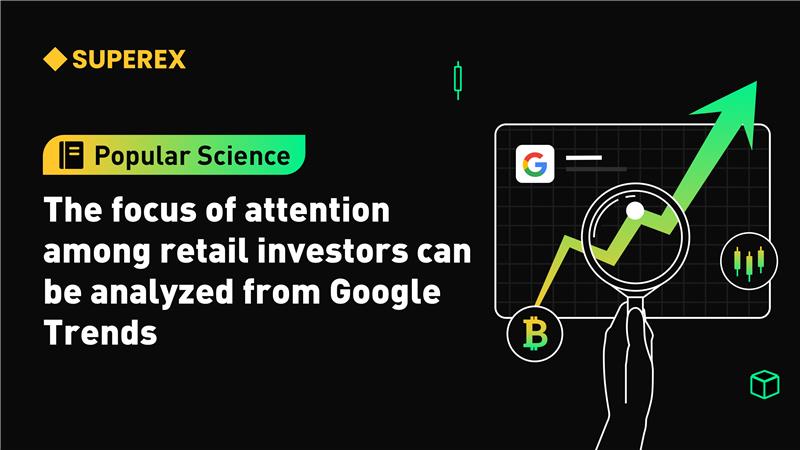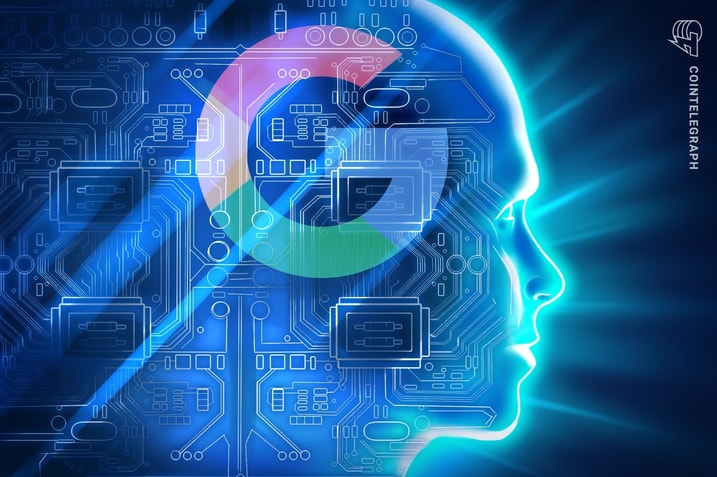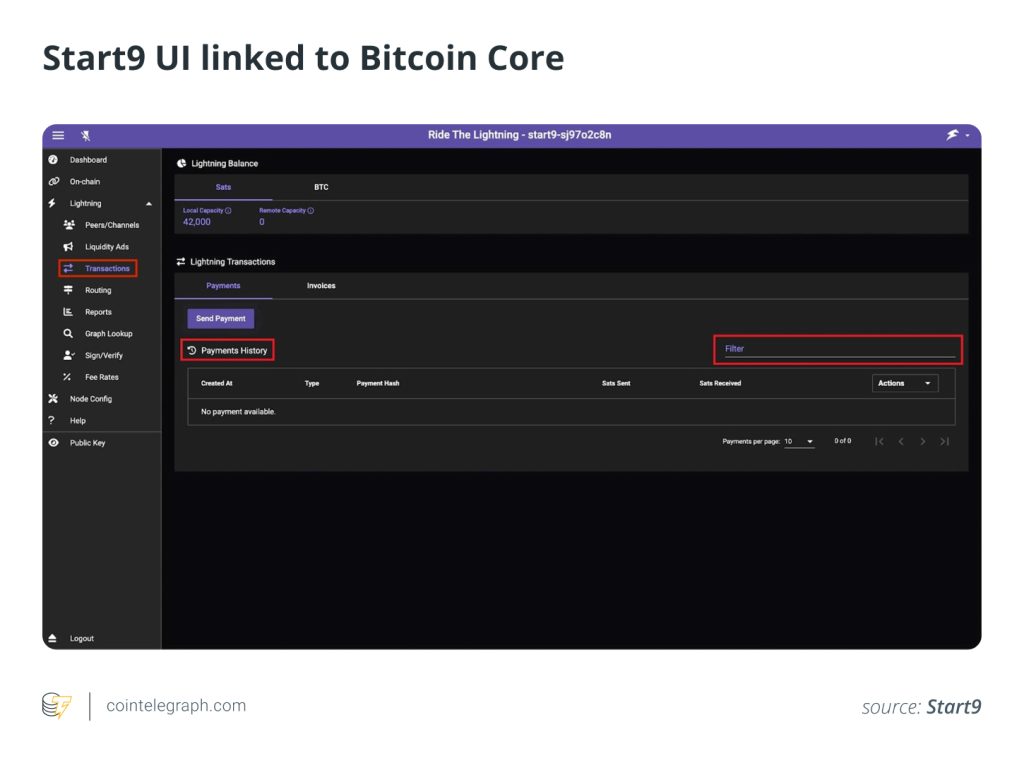Perplexity AI’s ad integration plan draws shock, mockery: ‘This company is toast’

The company reportedly intends to charge a much higher than average premium for ad space in its AI-powered search engine.

Artificial intelligence firm Perplexity AI has come under public scrutiny amid reported plans to place ads in its AI-powered search engine. While many view this as the natural progression for the generative AI industry, at least one analyst suggests this could lead to the company’s untimely demise.
Perplexity AI’s primary product is a “conversational search engine.” It essentially combines generative AI technology — similar to the tech underpinning OpenAI’s ChatGPT and Anthropics Claude — with search engine algorithms similar in concept to those used by Google Search or Microsoft Bing.
Search engine advertising
Reports recently surfaced indicating that Perplexity AI intends to integrate advertising into its product. According to a pitch deck seen by CNBC, those plans include charging advertisers $50 per every one thousand impressions — which is measured as “cost per mile” or CPM.
Facebook, for comparison, reportedly charges about $4.29 for every 1,000 impressions. While these numbers can change depending on factors such as the popularity of a given site or page or a specific advertiser’s willingness to spend, figures much higher are typically reserved for video and influencer campaigns.
Perplexity’s reported plan managed to catch the attention of technology pundit and marketing executive Ed Zitron who took to the X social media platform to express his disbelief.

Per Zitron:
“I’m absolutely dying lmao, Perplexity wants $50 CPM on their ads product? Are you joking? This company is toast.”
Zitron followed up his commentary by pointing out that there’s nothing stopping a competitor, such as OpenAI, from launching their own cheaper program. “Watch OpenAI come out and be like uhh, $25 CPM on searchGPT,” he added.
While consumers have shown interest in generative artificial intelligence products, the lion’s share of revenues throughout the industry appear to have come through B2B transactions. It’s unclear at this time exactly how many subscribers the various platforms charging for access to AI models have, but a brief analysis indicates that they’re nowhere near the numbers seen by the top social media platforms.
The integration of ads into generative AI products could provide an additional revenue stream for startups attempting to recoup funds spent on infrastructure and training, but only if consumers flock to the products in large enough numbers.
Related: Google partnership to accelerate blockchain oracle network growth






Responses